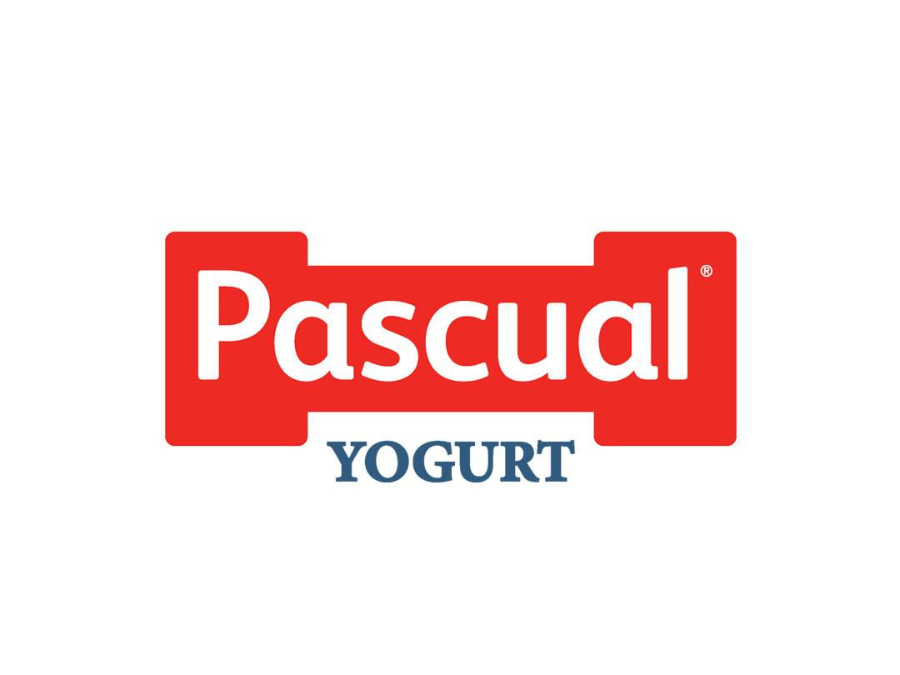
Spain-based dairy firm Pascual has begun milk production in Angola for the first time, having exported yogurt to the African country for more than 25 years.
Refriango, an Angolan beverage manufacturer, has partnered with Pascual to open a new milk processing plant in the capital city, Luanda.
The Spanish company is expecting to turn over EUR100m (US$105.76m) in the next five years through its new milk marketing and manufacturing operation.
In February 2022, Pascual said that Angola accounts for around 15% of its international business and was expected to reach a turnover figure of EUR25m.
The company claims to have “a market share of over 50%” in long-life yogurt in the African country and has plans to multiply its turnover in Angola twelvefold by 2028.
Pascual will begin local production of both UHT and powdered milk, with a total of 19 references in Angola, five UHT and 14 powdered.
“Our presence in Angola for more than 25 years with our yogurts has exceeded our own expectations,” said the company’s international director, Tomás Meléndez.
“We want to contribute not only to the economic development of Angola, but also to its social development. Our ambition is to ensure that the country is capable of self-sufficiency, without depending on imports, with nutritious products of the highest quality and generating employment throughout the region.”
Diogo Caldas, CEO of Refriango, said: “It is an enormous privilege for Refriango to partner with Pascual to develop the dairy sector in Angola. The constant search for innovative solutions that satisfy the needs and tastes of our consumers is in our genesis, and the production of dairy products complements our portfolio and ensures the development of the value chain.”
Pascual has declared that it expects to achieve an international turnover of EUR125m in three years, off the back of expanding its production to Central America and south-east Asia. The Spanish company’s presence in 60 countries accounts for 6% of its revenue now.
“We want to make a qualitative leap in our international strategy and that implies going from a classic export model to true internationalisation; that is, produce and distribute locally in other countries,” Meléndez said last year.
“Our objective is to focus on emerging countries to continue growing and double the turnover of our business abroad in 2026.”
